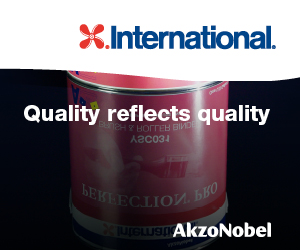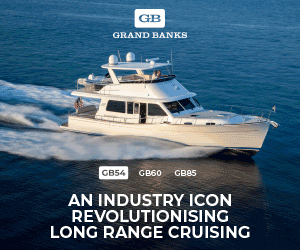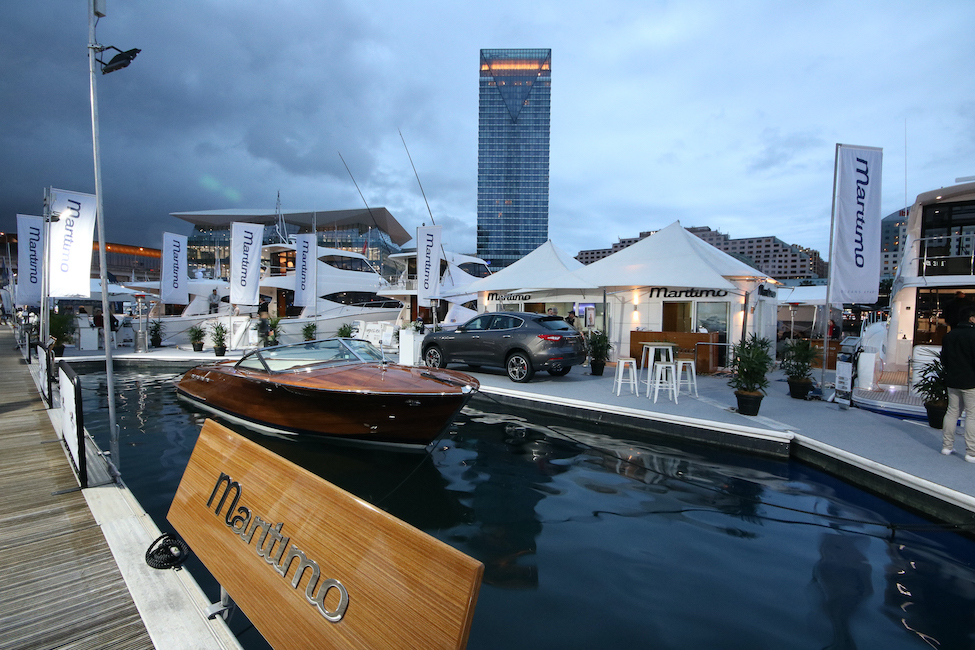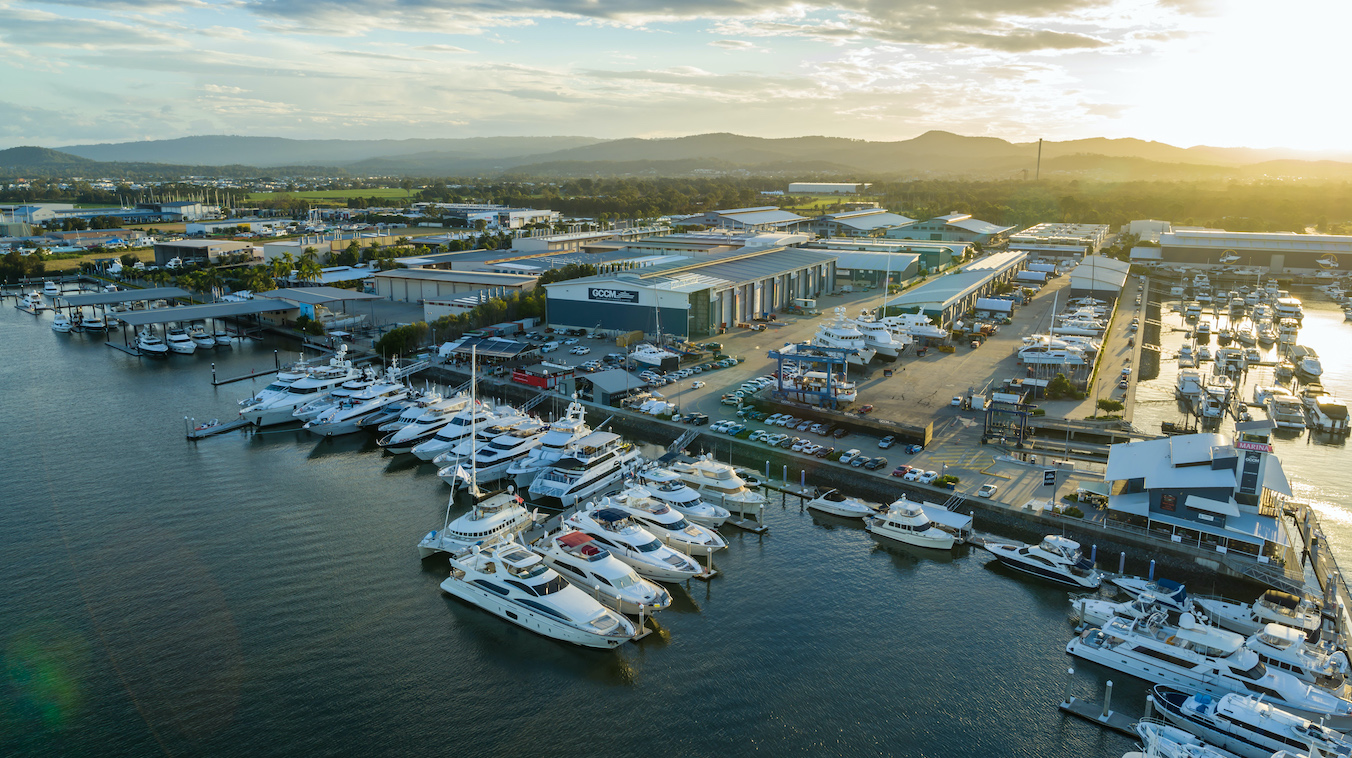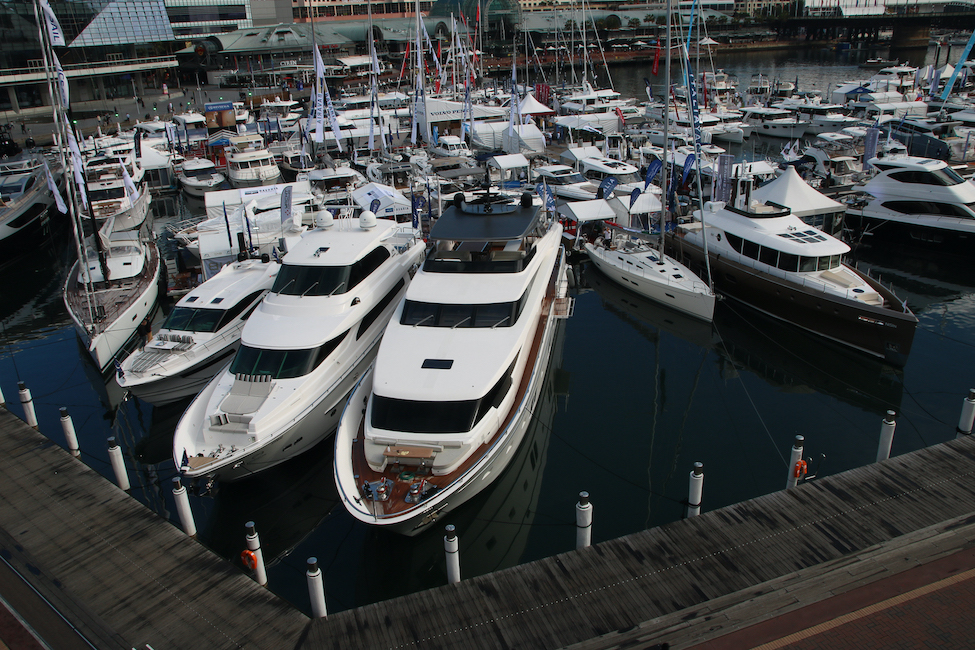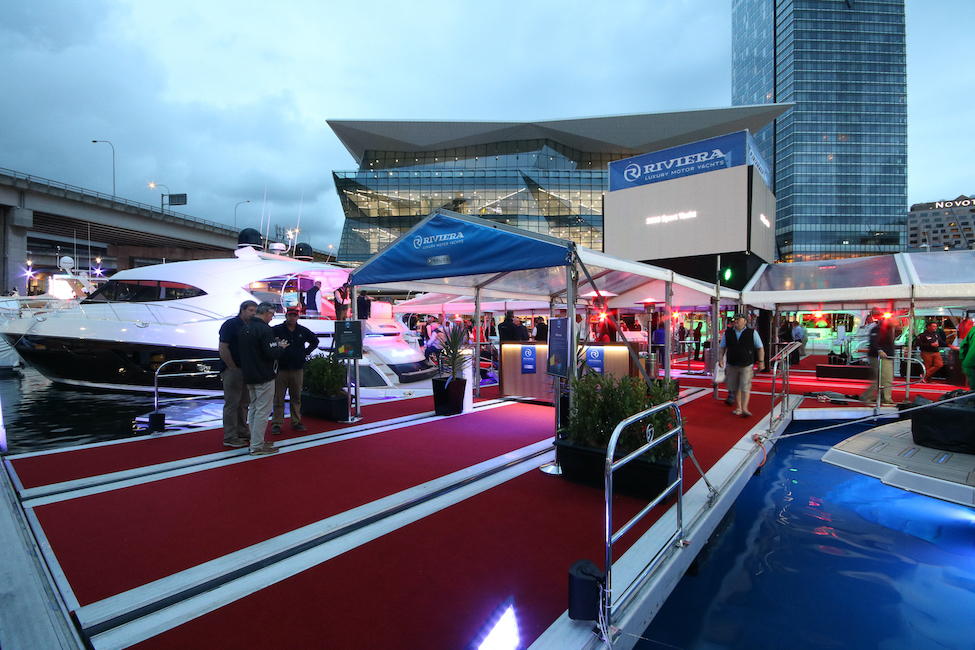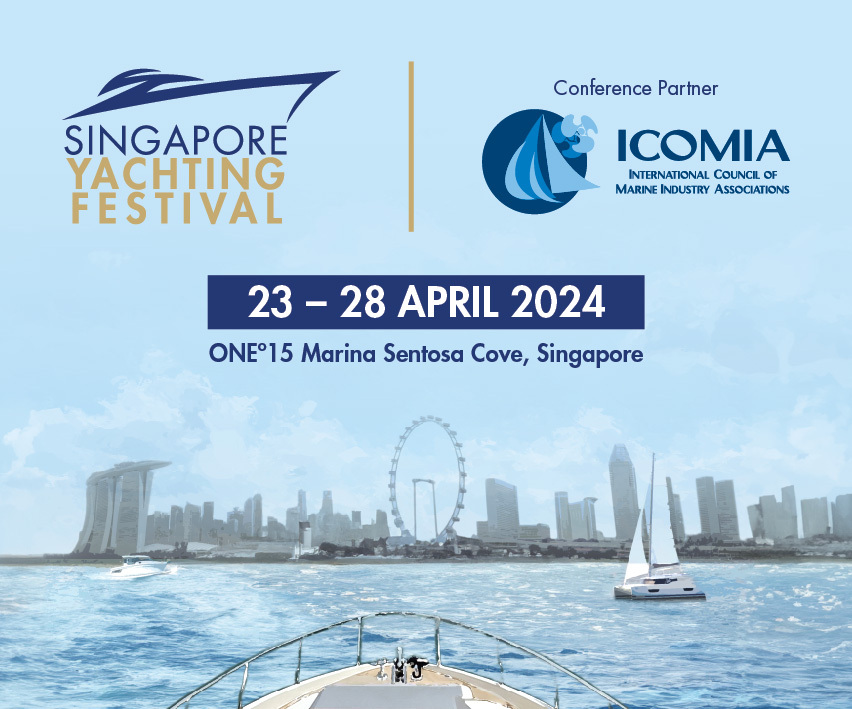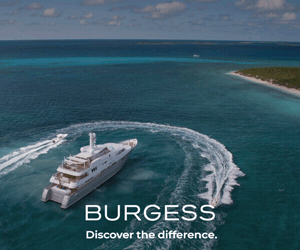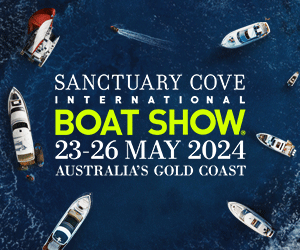Finger on the pulse
We talked to certain members of the industry to gauge the effects of the unfolding pandemic, and the positive response was heartening to hear.
27 March 2020
The COVID-19 pandemic has caused a shift in the Australian boating community. The economic fallout has been felt by everyone from boat builders to suppliers, and yacht agencies to charter brokers. Over the last week, we have been taking the pulse of our industry and have found that despite the difficulties, the industry remains resilient and many companies continue to operate as best they can under the circumstances.
“Gold Coast City Marina & Shipyard is open for business and busy,” confirmed Trenton Gay, CEO of GCCM. “We want to make sure their boats are in tip top condition so are offering an all-inclusive, no contact package to prepare the boat. A quick trip up on the hardstand to make sure everything is ready to go and then send them on their way. The team is also arranging pick up and drop off service for boat owners who don’t want to leave their home. That is proving a popular option.
We are also seeing a significant number of superyachts arriving after choosing to undertake refits either in the water or on the yard during this time.
Our Project Management team is working very hard with those yachts and contractors to schedule the work to limit the number of trades on the vessel at any given time. This means taking equipment off the yacht to the workshops onsite and extending working hours to fit the work in.”
“The GCCM team is overwhelmed at the support each of the contractors are offering us and each other.
We often talk about being a family at GCCM and now more than ever, that camaraderie is evident. It is what will see us through this tough time.”
Maritimo’s CEO Garth Corbitt said changes had been implemented at the company’s manufacturing facility in line with what large manufacturing business overseas were doing.
These changes include splitting the workforce into small isolated teams, a dramatically increased hygiene regime where the factory and all hard surfaces were cleaned multiple times a day, implementing recommended self distancing rules which restrict the number of employees in any area of the factory at any given time, restricting the movement of outside suppliers and sub-contractors and closing down common areas used by employees such as the lunch room.
“We are closely monitoring all formal advices from both the State and Federal Governments and have sought feedback from both levels of government on the latest recommendations for manufacturers to follow,” said Corbitt.
“So far we appear to be ahead of what is currently formally recommended.”
He said Maritimo was continuing to operate as normal in an attempt to keep production schedules on track, but it was a very fluid situation and one being monitored virtually hourly.
Darren Vaux President of the BIA said that while it was disappointing to cancel the Sydney, Brisbane and Adelaide Boat Shows for 2020, the decision was made in light of the fact that the spread of the virus has seen dramatic changes to the public health forecasts, the BIA wanted to offer members and exhibitors some level of certainty.
“We need to come together, support each other, follow the government directives and look after the most vulnerable in our industry and our community.”
“The BIA’s core purpose is to support our members and we are focused on doing just that.”
Colin Bransgrove Chief Executive Officer of the Marina Industries Association (MIA) echoed those sentiments, adding: “MIA members in Australia, NZ and Asia are all feeling the pain from the COVID-19 crisis. Most extremely impacted are those marinas heavily reliant on tourism with commercial vessels and related tenancies. North QLD and some marinas in Thailand are most clearly in this category. One marina has reported 350-400 direct job losses from the marina and associated businesses, with indirect job losses being of a similar number. Generally existing marina berth income is holding up at the marinas but forward contracts are drying up. The impacts are being felt across all types of marinas: club and commercial marinas and boatyards. Marina vendors or suppliers are also being impacted to varying degrees.
MIA is working in Australia with the Boating Industry Association on a range of pressing issues including rent abatement and essential service provision at club and commercial marinas and boatyards. Reputable data as to the economic and employment impacts on the marinas industries will be important to gather to press the case for assistance going forward. We are also thinking about what we need to be doing now to ensure boaters get back aboard their boats as quickly as possible as we come out of this crisis.
Communication to; and between members at this time is a critical role MIA and other marine associations are playing. Being a relatively small industry sector we are well placed to support and assist each other during this unprecedented crisis.”
Rodney Longhurst, owner Riviera Australia, is reporting that they have received calls from clients in Europe, the Americas and Australasia who currently have boats in build.
The common theme from these calls was “please do all you can to deliver our new boat to us as soon as possible”.
“At the Riviera facility on the Gold Coast we are continuing to produce world-class luxury boats, taking a careful approach and adhering to the highest standards of health and well-being as directed by the governing authorities. The safety of our workforce remains paramount.”
Stephen Polkinghorne from Noakes boatyard in North Sydney stated they will continue operations and services.
“We are continuing to operate at this time, following the best health advice available to us. We have naval work and water police work that is ongoing, and will continue to service boats that we have at our facility.”
New Zealand went into a month-long national lockdown as cases in the country rose by almost 50 percent. The country is alert Level 4, which includes severe restrictions on travel, and recreational boating has been banned.
“There is no escaping the immediate economic effects of Covid 19 but hopefully the swift action by the New Zealand Government and the people of New Zealand following orders in true military fashion, will see New Zealand as a stand-out country, that united and together stamped out this virus in New Zealand,” said Peter Busfield in a statement.
“What I found is that after the realisation, sadness, stress, some anger and exhaustion over what has happened I gained some optimism and renewed energy as soon as I started to map out possible plans for the future. Future plans for the maximising of opportunities for the New Zealand marine industry, NZ Marine Industry Association operations and my own family.”
Grand Banks CEO Mark Richards says the company’s Malaysian factory should be operating normally once a mandatory four week shutdown finishes. There is two weeks remaining.
Richards urged the industry to work together to ensure as many operators as possible could re-open their doors once the crisis passes.
“We have a very good order book and very good customers”, he said, adding that financing arrangements were secure.
“We are ready to push the button to resume production as soon as we are out of that period,” he confirmed.
We want to hear from you. Please contact us with your company’s experiences and ways that you are adapting to the unfolding crisis by emailing editor@oceanmedia.com.au


